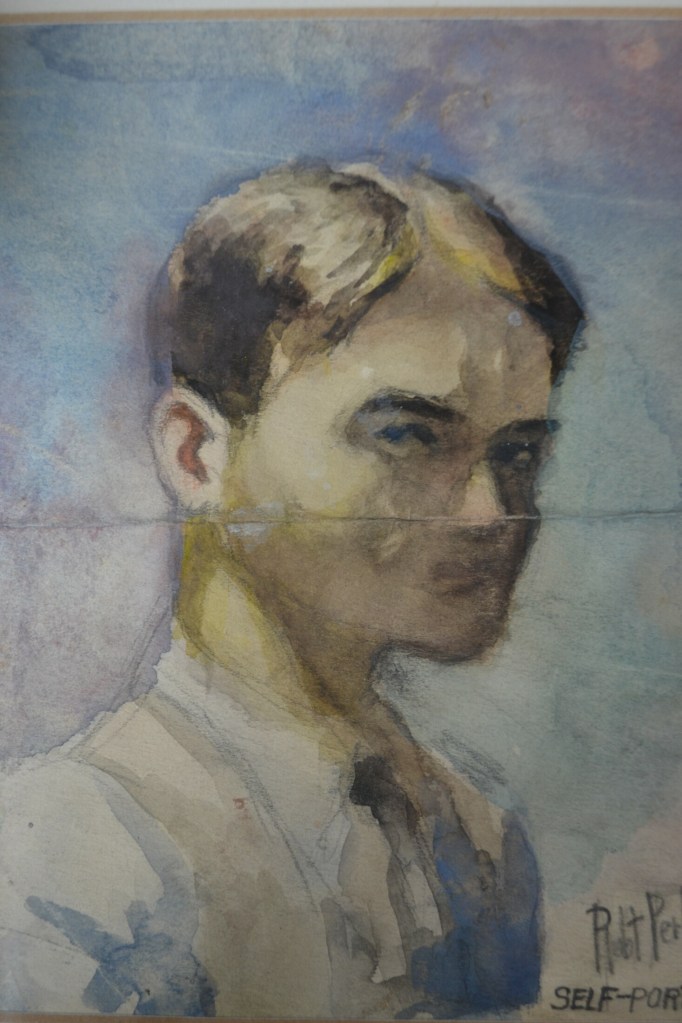I had an uncle once. His name was Robert. I would not have known of him at all if I had not found his Bible in my father’s bookcase.
The year was 1957, and I was 12. My dad explained that Robert was his younger brother, a quiet boy who loved to draw pictures. When he was 19, he began hallucinating and he believed that he was dying. He was a frequent runaway.
Help was sought. Eventually, Robert was sent to a state hospital, where he lived, mostly unvisited, for the rest of his life. On the day that he died, I found my dad quietly crying at the kitchen table. He had not seen his brother in more than 30 years.
I obsessed about Robert’s story through my adolescence and into adulthood. Why had the family abandoned Robert, and how lonely must he have been? Could he have been saved? My dad said that during his visits to the hospital, Robert didn’t speak or recognize him. Finally, the doctor suggested that it was “best to forget him.”
The scenario was a common one. For years, state hospitals throughout our country were populated by thousands of the “forgotten” mentally ill. But I don’t think that the families forgot about their loved ones; I think they were tormented by loss, by guilt and perhaps by their own inaction.
By the 1970s, confusion about my dad’s brother led me, a young nurse, to work at my local state hospital. In the lonely men who sat by the enormous smoke-dimmed windows — hunched, unkempt and grateful for each kindness — I saw my lost uncle.
It was much later, after my father died, that I found Robert’s art work. The pictures were in a paper folder, hidden under books at the bottom of an old trunk. Mostly, they were pencil sketches, a few water colors.
But there, speaking from the past, was a self-portrait of Robert Perkins. In his portrait, Robert is a handsome boy, well groomed, in shifting light, his face in shadow. His lips seem unable to form the words he needs to say. His eyes are filled with fear — or is it reproach?
I have cherished this little water color for more than 40 years. It asks me daily if I have done enough to help those who have not had my good fortune, good health and resilience. I did not have the chance to speak for Robert when he was alive, but I can speak for other Roberts now and I have surely tried.
I hope that you will take a moment to look closely at Robert’s picture, and if you do, I hope that it will move you to think about the uncounted and unremembered Roberts and to act and vote on their behalf.
Copy the Story LinkComments are not available on this story.
Send questions/comments to the editors.


